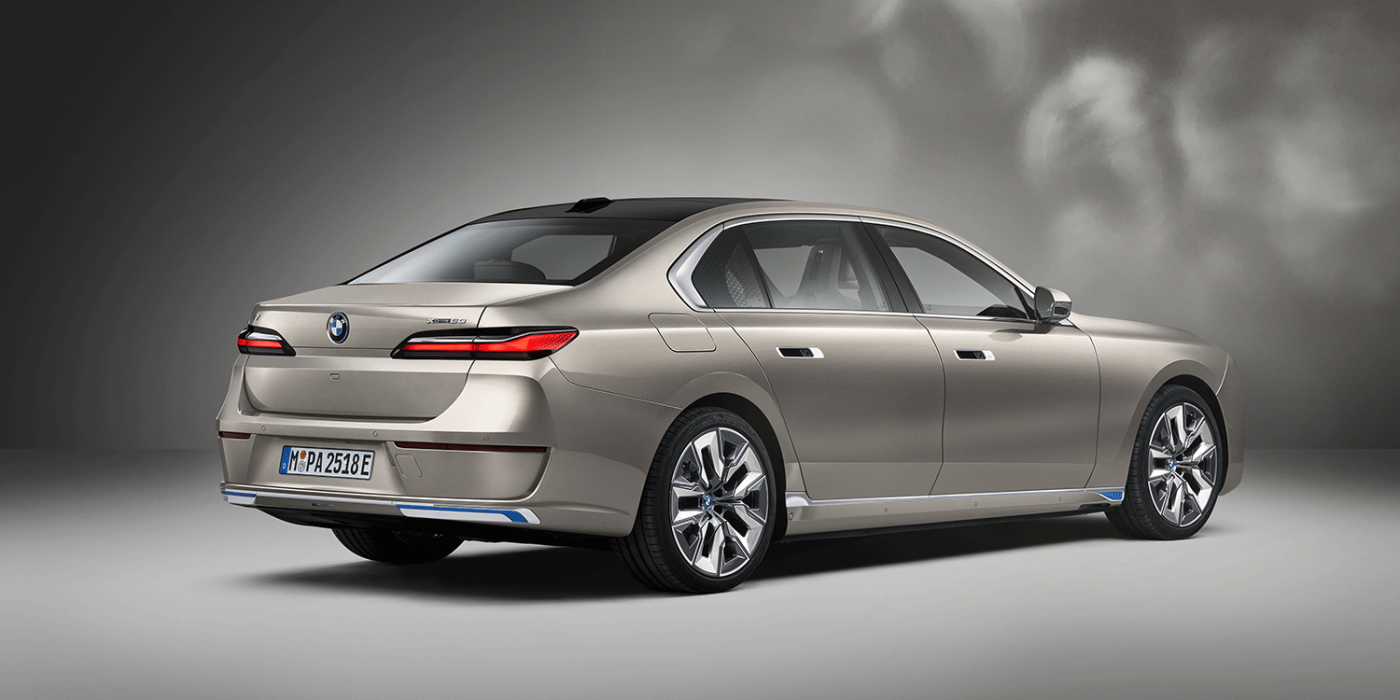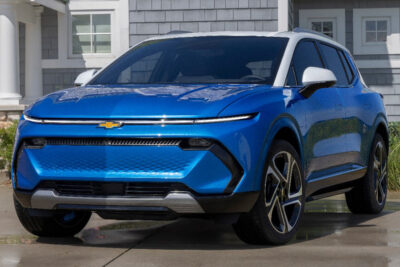NHTSA asks BMW to recall 14,000 cars in the USA
BMW recalls over 14,000 hybrid electric cars in the US. The affected vehicles of type iX, i4 and i7 were manufactured with an electronic control unit for the battery pack that could cause a loss of power due to a software issue.
According to a document from the US National Highway Traffic Safety Administration (NHTSA), 5,389 2022 and 2023 model-year iX vehicles are affected, spread across all engine options offered (xDrive40, xDrive50 and iX M60). More decisive was the production date: all cars were manufactured between 4 February 2021 and 28 October 2022.
In the case of the i4, there are 8,659 vehicles from the production period of 17 March 2021 to 26 October 2022. Once again, all drive variants eDrive35, eDrive40 and i4 M50 are affected. In the case of the i7, only 38 all-wheel drive i7 xDrive60s built between 22 February 2022 and 27 October last year are affected.
“The high voltage battery electronic control unit software may, during certain vehicle operating conditions, cause an interruption of electrical power. Specifically, a misdiagnosis can sporadically occur within the battery management electronics, which could cause the electronic control unit to reset. If a reset occurs, this could cause an interruption of electrical power,” states the NHTSA in its report.
BMW first learnt of the issue in June 2022 and carried out numerous tests to check the hardware and software and narrow down the fault. It took BMW some time to work out the update, and it decided to issue a voluntary recall in mid-December.
At least for the USA – whether the affected control unit or software was also installed in vehicles for other countries and whether further recalls will follow is currently unknown. We will provide the answer as soon as BMW responds to our enquiry. The KBA’s recall database does not yet list a recall for Germany.
However, according to the US document, BMW assumes that only one per cent of the 14,086 recalled vehicles are affected. The action involves updating the software of the control unit. According to the US documents, the manufacturer of the affected component is not BMW but Panasonic Industrial Devices Europe GmbH, based in Lüneburg.




